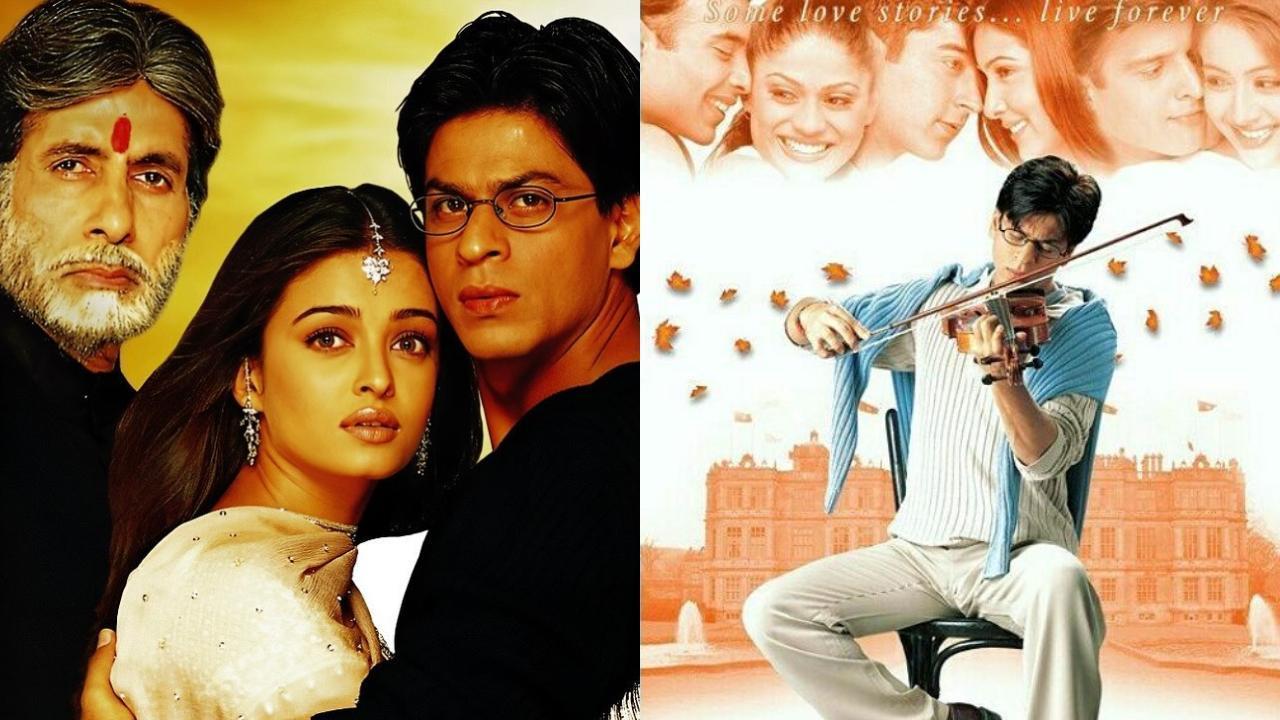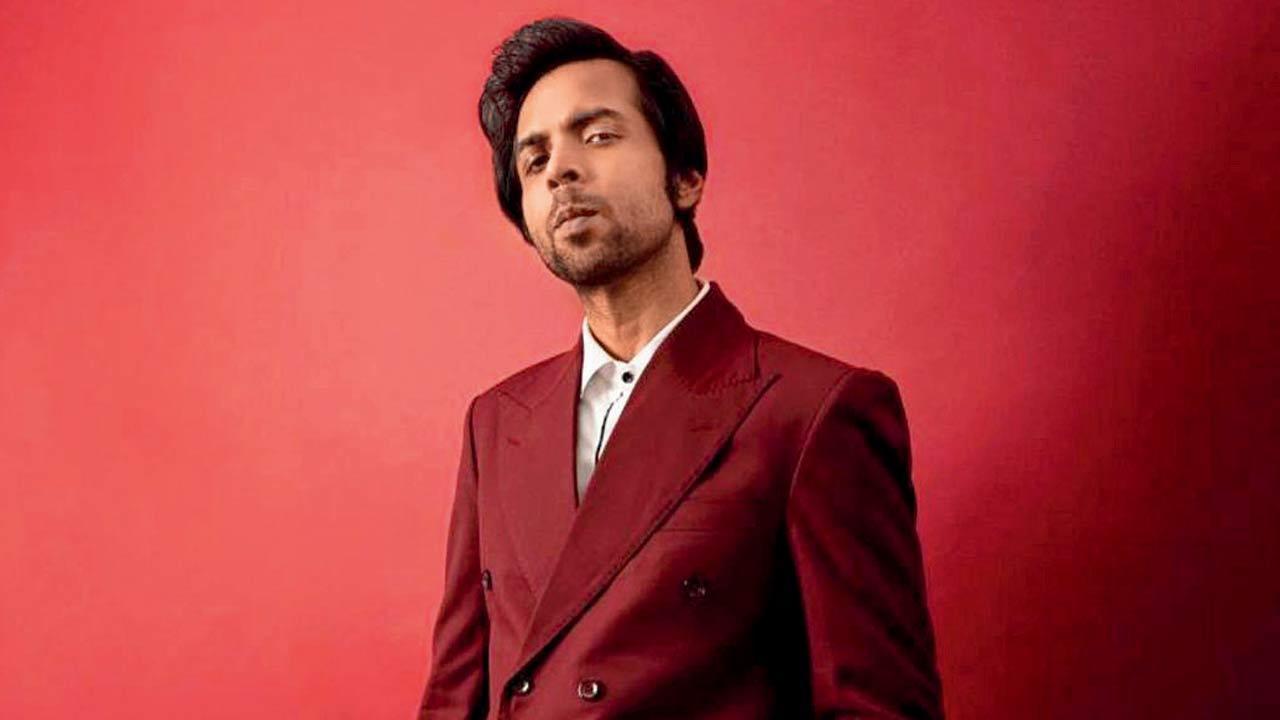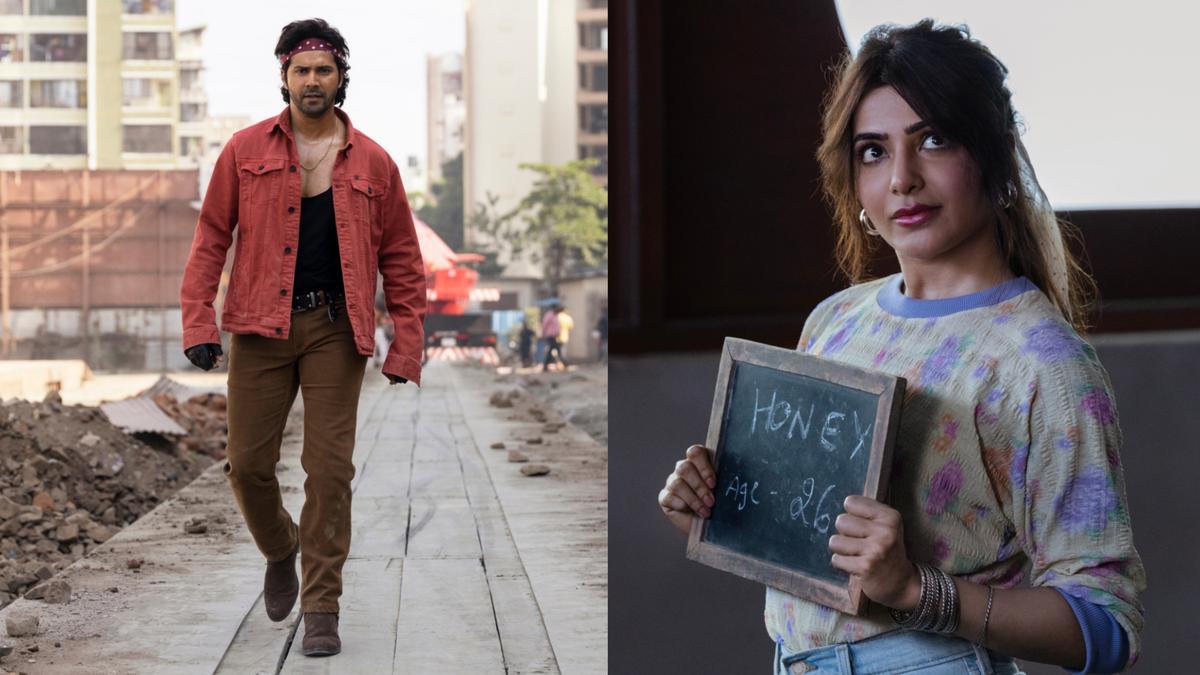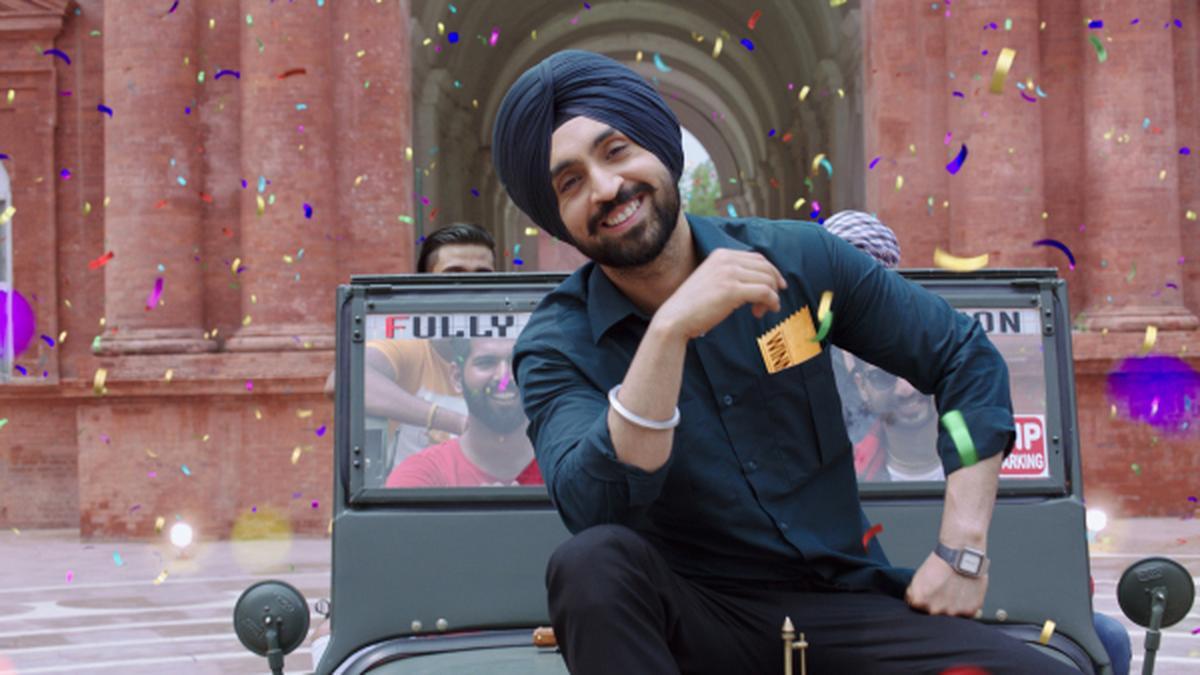
In 2000, the film industry witnessed the emergence of a Bollywood masterpiece, ‘Mohabbatein,’ that redefined the boundaries of love, rebellion, and the powerful impact of emotions. This cinematic triumph, directed by Aditya Chopra, resonated deeply with audiences across the globe, creating an unforgettable legacy that celebrates romance in its purest form. As the film turns 24 years old, it is the perfect moment to delve into the dialogues that have immortalized ‘Mohabbatein,’ reminding us that true love knows no limits.
The film masterfully weaves together the narratives of three couples, each navigating the intricate maze of love while standing under the ever-observant gaze of tradition and discipline. This tapestry of affection and defiance is brought to life by an ensemble cast featuring luminaries like Amitabh Bachchan, who delivers a commanding performance as Narayan Shankar, and Shah Rukh Khan, who plays the spirited Raj Aryan. Aishwarya Rai, in a memorable portrayal, joins them, along with Jimmy Shergill, Uday Chopra, Jugal Hansraj, Preeti Jhangiani, Shamita Shetty, and Kim Sharma—all of whom play pivotal roles in this tale of love and longing.
Accompanied by a captivating soundtrack, ‘Mohabbatein’ not only won the hearts of millions but etched itself into the cultural fabric of Indian cinema. The film’s success lies in its ability to express the various hues of love through dialogues that have remained deeply etched in the minds of fans. As we celebrate its enduring legacy, let’s revisit some of the film’s most iconic dialogues that continue to echo the timeless nature of love.
One of the quintessential quotes delivered by Shah Rukh Khan, “Duniya mein kitni hai nafratein … phir bhi dilon mein hai chahatein … mar bhi jaaye pyar waale … mitt bhi jaaye yaar waale … zinda rehti unki mohabbatein,” speaks to the immortality of love, transcending hate and time itself. Khan’s portrayal of Raj Aryan embodies the essence of an undying romantic, whose love is undeterred by absence.
Amitabh Bachchan’s stirring declaration, “Pratishtha Parampara Anushasan… Ye Gurukul ke teen stambh hain, Ye wo aadarsh hain jinse hum aapka aane wala kal banaate hain…” underscores the film’s central conflict—between tradition and the wild, unrestrained spirit of love. His role as the strict principal embodies the age-old struggle between rigid customs and the fervor of youthful defiance.
The dialogue, “Main aaj bhi usse utni hi mohabbat karta hoon ..
.. aur is liye nahi ki koi aur nahi mili … par is liye ki usse mohabbat karne se fursat hi nahi milti,” expressed by Shah Rukh Khan, beautifully captures the notion of a love that remains unshaken by the passage of time or the availability of new romantic interests—a testament to the film’s portrayal of eternal love.
Kim Sharma’s character delivers a poignant truth with, “Koi pyar kare toh tumse kare, tum jaise ho waise kare … koi tumko badal ke pyar kare, toh woh pyar nahi woh sauda kare … aur saheba, pyar mein sauda nahi hota … right?” This dialogue challenges the transactional nature of conditional love and affirms that genuine love does not demand change but rather acceptance.
Aishwarya Rai’s character gently reminds us that, “Mohabbat bahut khoobsurat hoti hai … toh kya hua agar woh apne saath thoda sa dard laati hai,” capturing the bittersweet reality of love—that its beauty often walks hand in hand with pain.
Finally, the sentiment, “Mohabbat bhi zindagi ki tarah hoti hai … har mod aasaan nahi hota, har mod par khushi nahi hoti … par jab hum zindagi ka saath nahi chhodte … phir mohabbat ka saath kyun chhodein,” ties life and love inextricably together; a reminder that love, like life, is filled with joy and sorrow, and yet we must remain steadfastly committed.
Released in the year 2000, ‘Mohabbatein’ has not only stood the test of time but continues to inspire new generations with its timeless narrative and evocative dialogue. As we commemorate 24 years of this cinematic gem’s influence, it remains a cherished celebration of love’s enduring power. Whether revisiting this classic with nostalgia or discovering it anew, ‘Mohabbatein’ affirms that the power of love—ever ancient and ever new—will forever be relevant.










